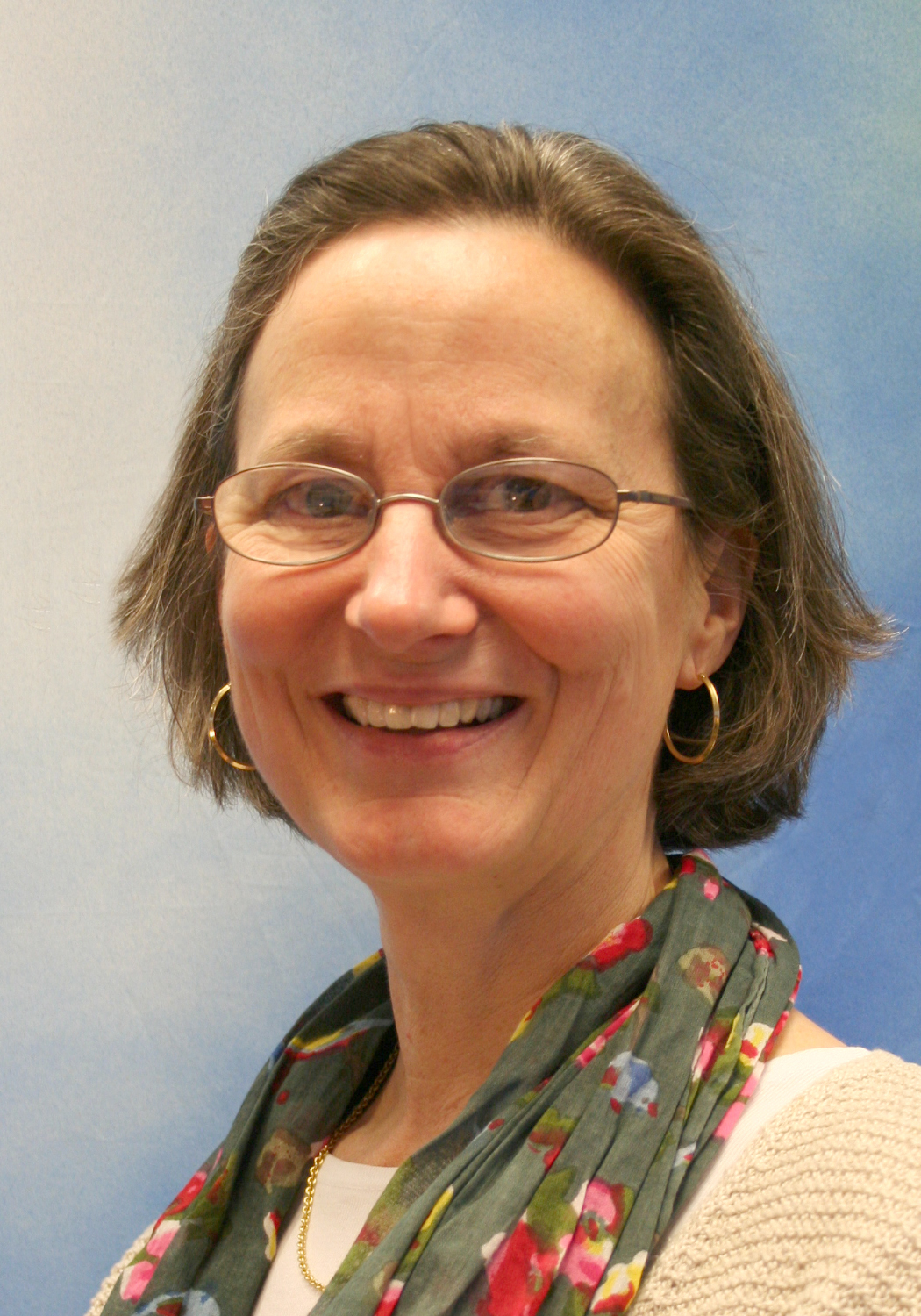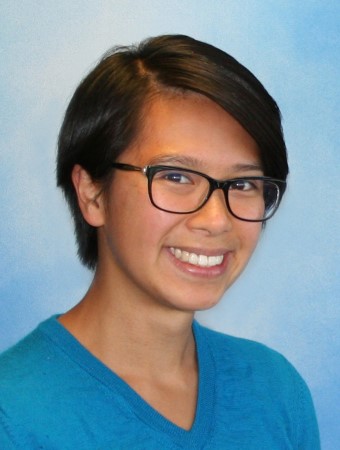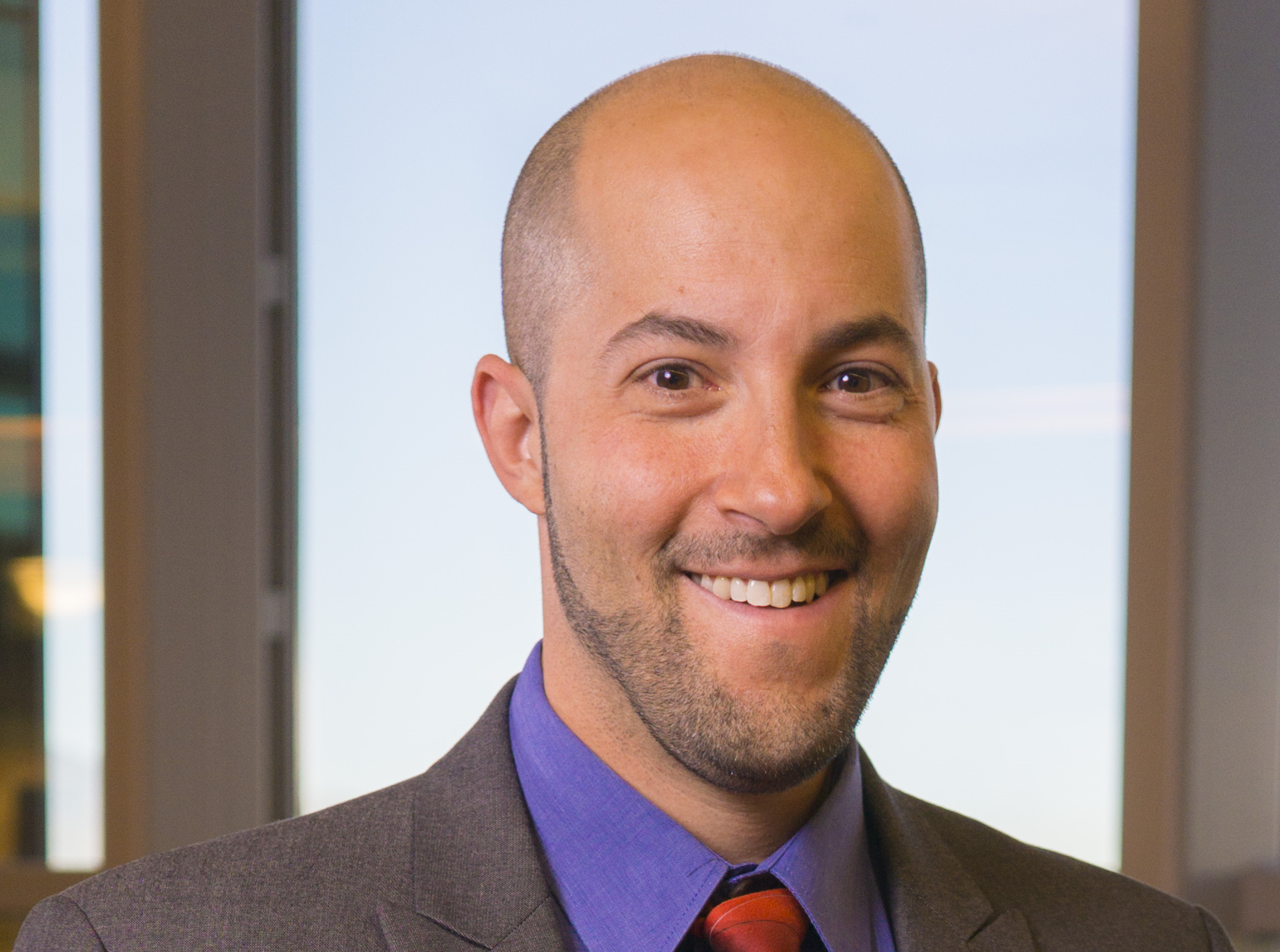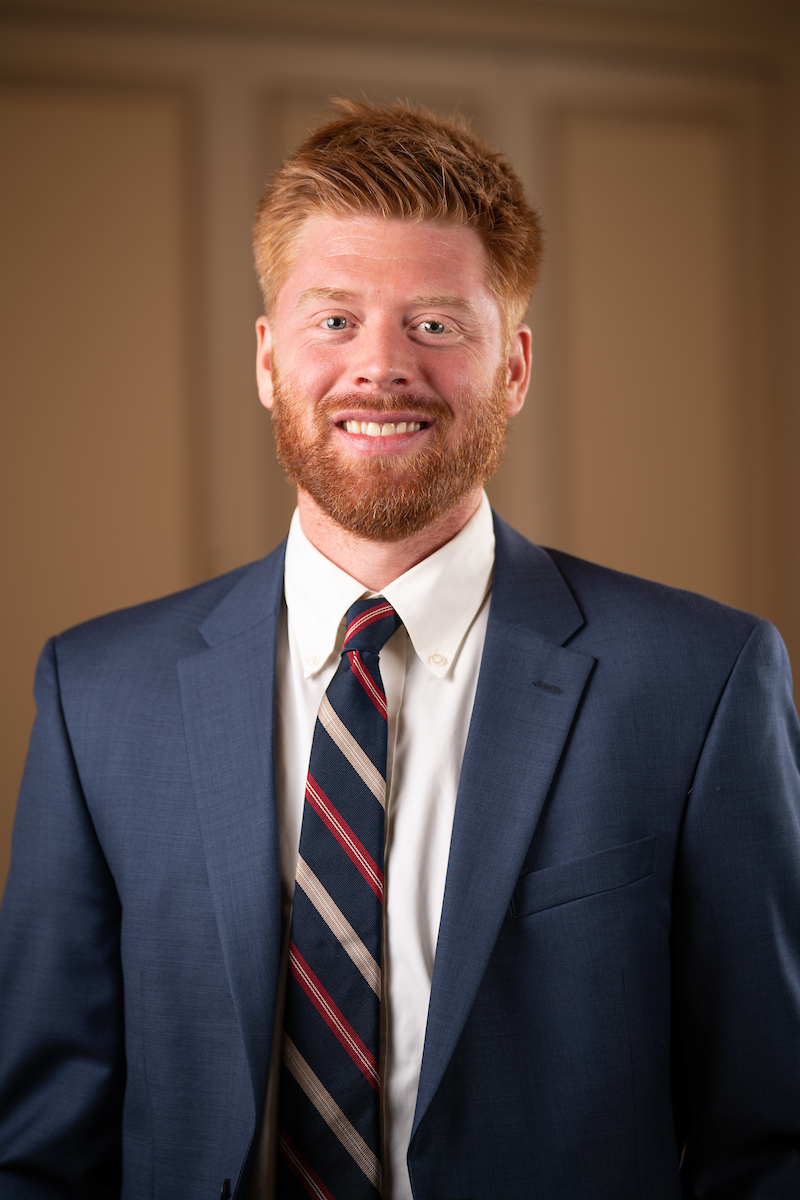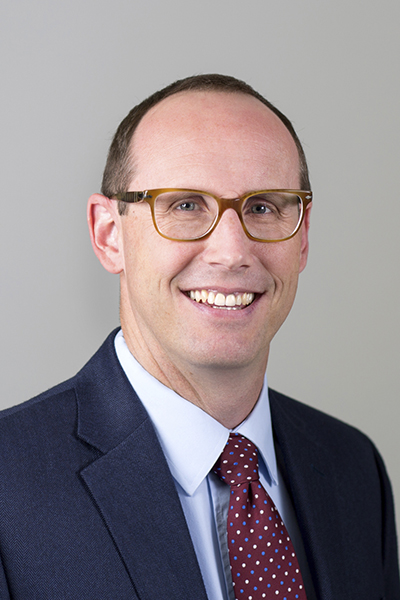
AHSR 2019 PRESENTERS
PLENARY PRESENTERS:
PLENARY 1: Thursday, October 17, 2019 | 8:00-9:00 AM
|
Lori Ducharme, PhD
|
Lori Ducharme, PhD is a Program Officer in the Services Research Branch at the National Institute on Drug Abuse (NIDA). She currently serves as the NIDA Science Officer on the Justice Community Opioid Innovation Network (JCOIN), a 5-year $150M HEAL-funded initiative focused on transforming responses to the opioid crisis in the justice system. She also oversees a portfolio of research and training grants that explore ways to increase the adoption and sustained use of evidence-based treatments, enhance the integration of addiction treatment in general medical settings, and improve service access and utilization. Dr. Ducharme was previously Program Director for Health Services Research at NIAAA, where she led the development of the Institute’s Alcohol Treatment Navigator®, an online resource offering a strategy to help individuals find evidence-based alcohol treatment services. Prior to joining NIH, she worked in both academic and contract research settings, studying the evolution of the U.S. addiction treatment system in response to changes in financing, regulation, and the introduction of novel medications and behavioral therapies. Dr. Ducharme received her Ph.D. in sociology from the University of Georgia. |
|
Jennifer Villani, PhD, MPH
|
Jennifer Villani, PhD, MPH is the Associate Director of the HEALing Communities Study at the National Institute on Drug Abuse (NIDA). The HEALing Communities Study is a 4-year $350M cluster randomized trial evaluating the impact of a community-engaged intervention on opioid overdose fatalities in highly affected communities. Prior to joining NIDA, Dr. Villani conducted research at the NIH Office of Disease Prevention for 4 years. She developed and tested a new method for portfolio analysis that utilizes machine learning to characterize NIH prevention research in areas including substance use and health services. In addition, Dr. Villani worked with the US Preventive Services Task Force to examine gaps in prevention research that NIH funding could address. Previously, she worked at National Institute of General Medical Sciences, where she coordinated an international consortium of investigators developing computational models to understand infectious disease dynamics. Dr. Villani earned her PhD in Health Services Research from the University of Maryland, College Park, and her Master of Public Health in Epidemiology and Biostatistics from the George Washington University. |
|
Tisha Wiley, PhD
|
Tisha Wiley, PhD is the Chief of the Services Research Branch (SRB) and Associate Director for Criminal Justice at the National Institute on Drug Abuse (NIDA), part of the National Institutes of Health (NIH). Dr. Wiley currently leads the Justice Community Opioid Innovation Network (JCOIN), a 5-year $150M initiative focused on transforming responses to the opioid crisis in the justice system. As the Chief of the Services Research Branch, Dr. Wiley leads a team responsible for managing a diverse portfolio of >350 grants focused on addiction health services research, totaling over $335M annually. Tisha joined NIDA in 2012 as a Program Official in SRB. From 2010-2012, Tisha was a fellow at the Office of Behavioral and Social Science Research (OBSSR) at the National Institutes of Health (NIH), where she worked several methodological initiatives. Prior to joining NIH, she was the Assistant Director of Research at the Juvenile Protective Association, a non-profit social service agency in Chicago. Tisha received her Ph.D. in Social Psychology from the University of Illinois at Chicago. |
PLENARY 2: Thursday, October 17, 2019 | 1:00-2:00 PM
|
Katharine Bradley, MD, MPH
|
Katharine Bradley is a primary care physician and health services researcher who has conducted research focused on improving alcohol- and drug- related care in medical settings for over 25 years. She is a Senior Investigator at Kaiser Permanente (KP) Washington Health Research Institute as well as Affiliate Professor of Medicine and Health Services at University of Washington. Her research focuses on developing and testing affordable and sustainable approaches to integrating effective care for alcohol and other drug use, along with common mental health conditions, into real world primary care settings. |
|
Emily C. Williams, PhD, MPH
|
Emily Williams is an addictions health services and disparities researcher and an implementation scientist. She has a joint appointment as an Associate Professor of Health Services and Director of the Doctoral Program in Health Services at the University of Washington and a core investigator and co-director of the post-doctoral fellowship at the Denver-Seattle Center of Innovation for Veteran-Centered Value-Driven Care at VA Puget Sound Health Services Research & Development. Her work is focused on increasing access to evidence-based treatments for unhealthy alcohol and other substance use in primary and specialty care settings and understanding equity in this care for vulnerable patient populations (e.g., those living with HIV). She currently leads research focused on understanding patterns of alcohol use and care across transgender status, tailoring and testing practice facilitation to implement evidence-based alcohol-related care in hepatology clinics, and increasing access to medications for opioid use disorders in primary care. She completed a bachelor of arts in political science at Lewis & Clark College, a master’s degree in public health law at Boston University, and a PhD in Health Services at the University of Washington, as well as a fellowship in implementation science at the Implementation Research Institute at Washington University. |
|
Amy K. Lee, MPH
|
Amy K. Lee, MPH, is a researcher at Kaiser Permanente Washington Health Research Institute with expertise in practice coaching. Her research focuses on integrating and improving whole-person care for unhealthy alcohol and drug use, and other common mental health conditions, in primary care. Her research interests include reducing stigma and improving patients’ receipt of high-quality treatment and support for unhealthy alcohol and other substance use. Her other areas of interest include health equity and integrating social needs care into health systems. Amy completed her undergraduate degree in sociology and environmental studies at Bowdoin College, and received her master’s degree in Community Oriented Public Health Practice at the University of Washington. |
PLENARY 3: Friday, October 18, 2019 | 8:00-9:00 AM
|
Eric Garland, PhD, LCSW
|
Dr. Eric Garland, PhD, LCSW is Distinguished Endowed Chair in Research, Professor and Associate Dean for Research in the University of Utah College of Social Work, and Director of the Center on Mindfulness and Integrative Health Intervention Development (C-MIIND). Dr. Garland is the developer of an innovative mindfulness-based therapy founded on insights derived from cognitive, affective, and neurobiological science, called Mindfulness-Oriented Recovery Enhancement (MORE). As Principal Investigator or Co-Investigator, Dr. Garland has over 160 scientific publications and has received more than $50 million in research grants from the NIH, DOD, and PCORI to conduct translational research on biopsychosocial mechanisms implicated in addiction, emotion dysregulation, and chronic pain, including randomized controlled trials of MORE as a treatment for opioid misuse and addiction. To complement his expertise in clinical research, Dr. Garland is a licensed psychotherapist with more than 15 years of clinical experience providing mind-body therapies for persons suffering from addictive behaviors, psychological disorders, and chronic pain. In 2019, he was appointed by NIH Director Dr. Francis Collins to the NIH HEAL Multi-disciplinary Working Group comprised of national experts on pain and addiction research to help guide the $1.1 billion HEAL initiative aimed at using science to halt the opioid crisis. |
|
Adam Hanley, PhD
|
Dr. Hanley is a Research Assistant Professor at the Center on Mindfulness and Integrative Health Intervention Development (C-MIIND) in the University of Utah College of Social Work. He is also a counseling psychologist, having completed his graduate work at Florida State University. The goal of Dr. Hanley's research agenda is: 1) to identify novel salutogenic mechanisms of mindfulness interventions that can be leveraged to improve existing behavioral therapies designed to treat addiction and pain; and 2) to develop mindfulness-based interventions that effectively target mechanisms underpinning addiction and pain conditions. |
|
Justin Hudak, PhD
|
Dr. Hudak is a Post-Doctoral Fellow at the Center on Mindfulness and Integrative Health Intervention Development (C-MIIND). His background is in clinical neuroscience/psychology and he is primarily interested in the (neuro)psychophysiological underpinnings of chronic pain patients with opioid misuse issues, and how a mindfulness-based interventions might alter these. |
PLENARY 4: Friday, October 18, 2019 | 1:00-1:45 PM
|
Adam Gordon, MD, MPH
|
Dr. Gordon has been researching and practicing medicine in the field of addiction science for over 20 years. He is board certified in internal medicine (American Board of Internal Medicine) and addiction medicine (American Board of Addiction Medicine). He has received distinction in both fields as a Fellow in the American College of Physicians (FACP) and a Distinguished Fellow in the American Society of Addiction Medicine (DFASAM). He maintains an active internal medicine – addiction medicine practice and has been honored nationally for his community service, mentoring, research, and clinical activities. Major themes of his research include examining the efficacy, effectiveness, and implementation of evidence-based identification, assessment, and treatments for patients with addiction disorders; the access and quality of healthcare provided to homeless and other medically underserved patients; and understanding the intersection of pain syndromes, opioid misuse, and engagement into opioid use disorder treatment. He has authored over 200 peer reviewed articles and, additionally published or presented hundreds of scholarly products in academic and non-academic journals and other environments. He is the Editor in Chief of the peer reviewed journal, Substance Abuse. He has received national recognition and been honored as a clinical investigator, educator, and mentor. |
|
Jerry Cochran, PhD, MSW
|
Dr. Cochran earned his Ph.D. from The University of Texas at Austin School of Social Work and completed postdoctoral training with the Johns Hopkins School of Medicine, Department of Psychiatry and Behavioral Sciences. Before joining the University of Utah PARCKA team, Dr. Cochran was an Associate Professor of Social Work and Psychiatry at the University of Pittsburgh. At the University of Pittsburgh, he also served as the Associate Dean for Research in the School of Social Work. Dr. Cochran’s research interests are centered on behavioral health services research. His area of expertise involves identifying and studying appropriate care for underserved populations in healthcare settings, with particular emphasis on individuals who misuse drugs and alcohol. Dr. Cochran’s work aims to improve substance abuse prevention and treatment services provided in health care settings. |
ORAL PRESENTERS:
| Scientific Session 1 | Scientific Session 4 |
| Scientific Session 2 | Scientific Session 5 |
| Scientific Session 3 | Scientific Session 6 |



